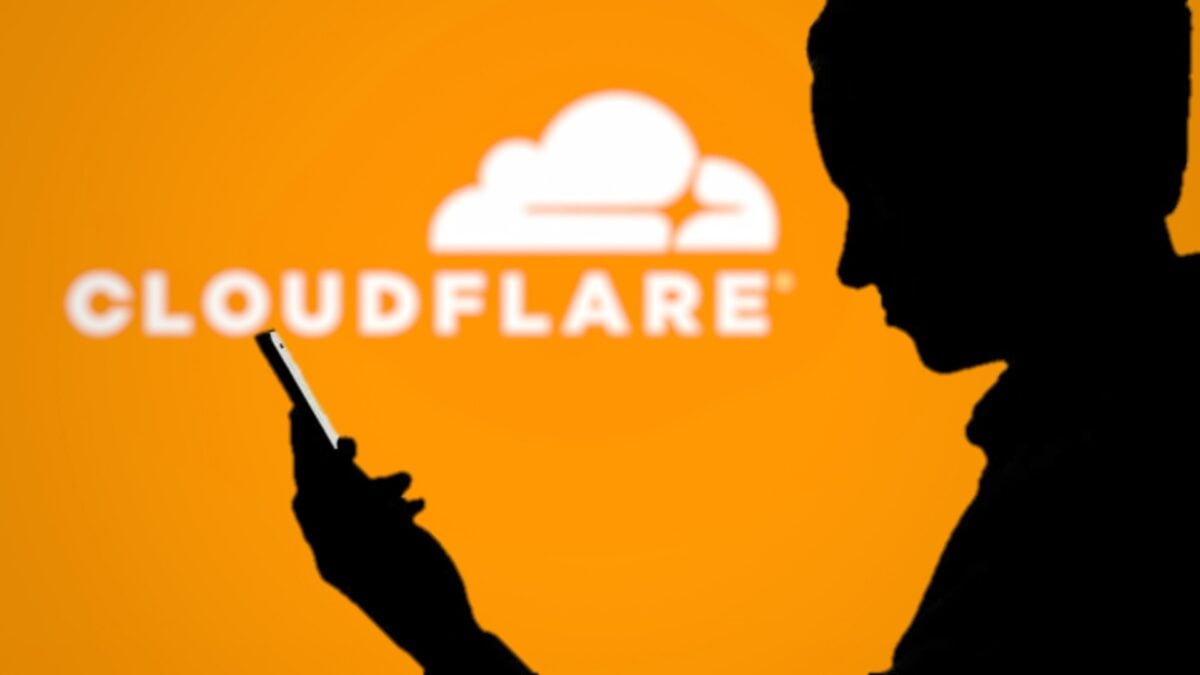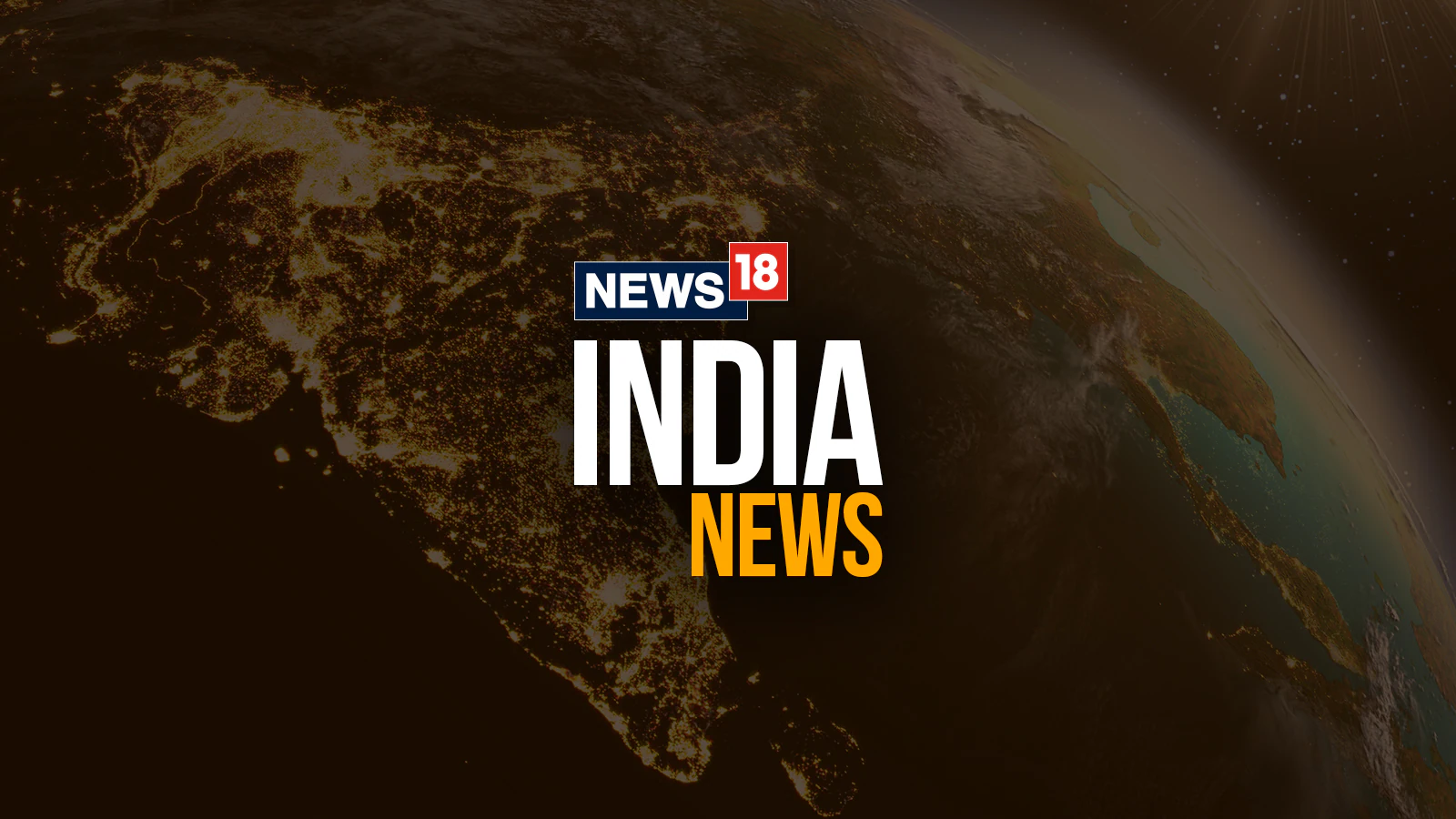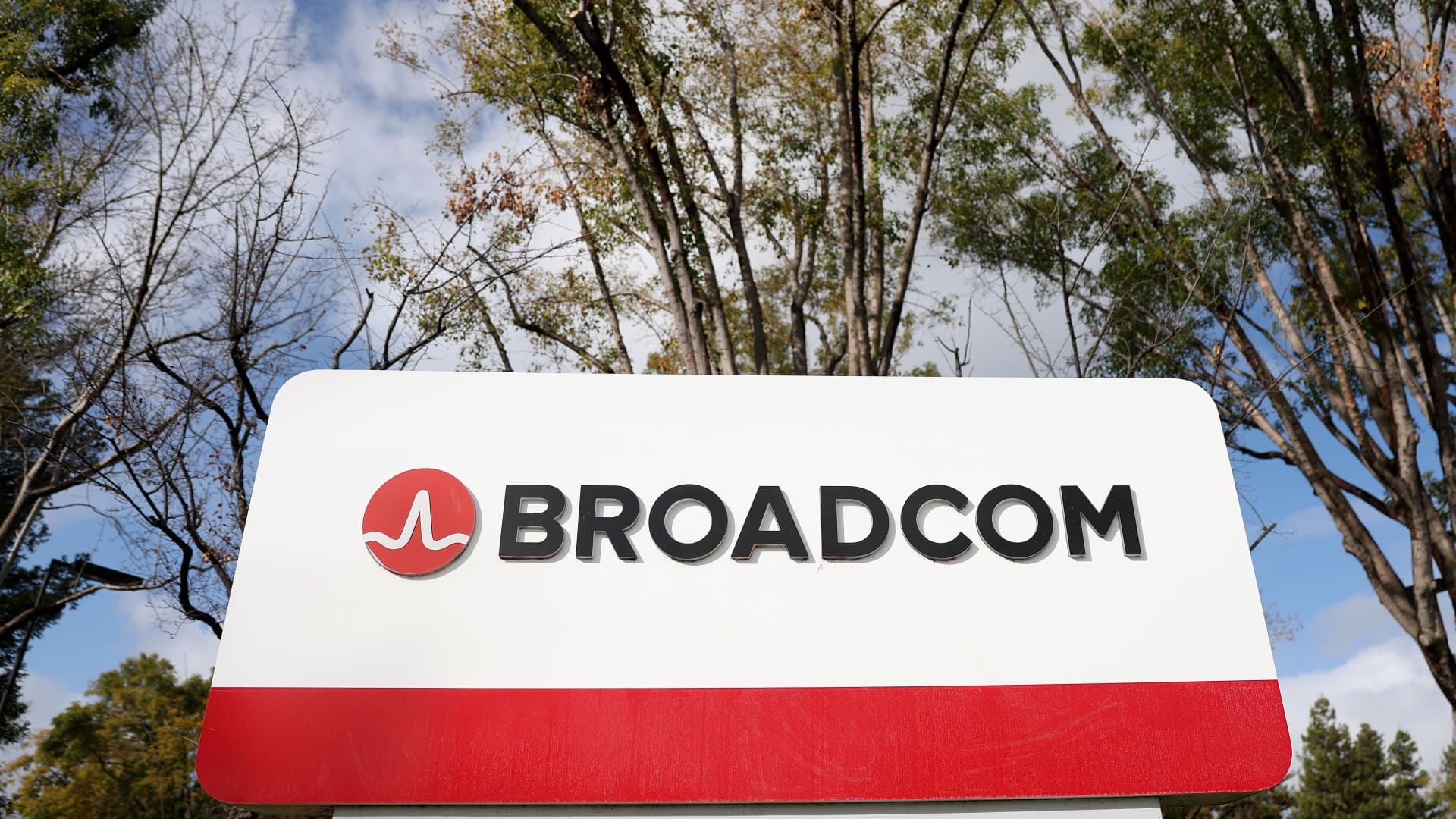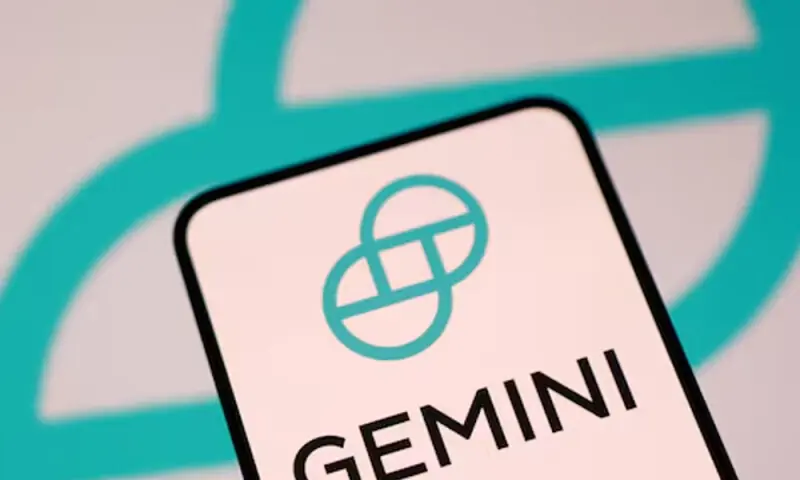
Cloudflare CEO Matthew Prince is the latest tech executive to ring the warning bells for a near-term dystopian AI scenario.
Speaking to WIRED’s Big Interview Podcast on Tuesday, Prince said that he thinks the days of search engines being “the dominant interface of the web” are already long gone.
“Now, if you run a search, it gives you back an answer at the top of the page. It doesn’t give you a treasure map. Instead, it provides you with what they call an AI Overview, which has taken a whole bunch of content, smashed it together, summarized it in various ways, and synthesized it,” Prince said.
He is not the only person ringing the doomsday bells for internet search. Earlier this month, a federal judge delivered a surprising verdict in an antitrust lawsuit over Google’s search engine monopoly, when he let the tech giant keep its search engine, Chrome. His reasoning was that he believed generative AI finally presented “a meaningful challenge to Google’s market dominance” in internet search.
AI is not a search engine, Prince says, but an “answer engine,” and it fails to drive traffic, which is what keeps internet content creators like researchers, writers, journalists, and more paid.
As answer engines continue taking over from search engines, Prince thinks we are staring down three possible futures.
The first future he thinks is unlikely to happen: Journalism, academic research, etc., will all completely die and be taken over by AI. Basically, the “dead internet theory,” according to which much of online content is created by and interacted with via bots, a natural end state of engagement-driven revenue generation strategy from online content.
But AI feeds off of content written by humans; it doesn’t freshly generate it, so that’s looking rather unlikely, he thinks.
The second possibility, however, is “frighteningly likely to happen,” Prince says. He calls it the “Black Mirror possibility.”
In this scenario, he thinks every content creator, from journalists to researchers, will be employed by a handful of AI companies in a system that is going to resemble the 1400s, when artists, thinkers, and writers were all patronized by a handful of powerful families like the Medici family of Florence, Italy. The Medicis were a powerful family that funded the work of many artists and thinkers, but also furthered their political power by controlling information output and making sure it promoted their own ideologies.
If this scenario takes place, Prince thinks AI companies like Anthropic, Perplexity, and Sam Altman’s OpenAI will eventually start hiring the increasingly unemployed journalist population and other content creators to stand up news or content bureaus of their own.
If that does become our reality, what the global information system will end up with is a handful of big tech companies that control knowledge and will likely tune it to their beliefs. Again, not too crazy of an idea: just two months ago, xAI’s Grok made headlines when researchers found that the chatbot checked its owner, Elon Musk’s, opinions before answering sensitive questions.
“There will be a conservative one, and there will be a liberal one, and there’ll be a Chinese one, and there’ll be an Indian one,” Prince said.
This factioning on ideological lines is directly at odds with the internet’s initial purpose of being a place where people can share and access information without boundaries, just knowledge flowing to and from anyone, anywhere. If people start having to subscribe to a handful of big AI companies to read their perspectives on the world, information will get “siloed,” Prince says, as the internet loses its role as the “great information equalizer, democratizer.”
A third possibility
There is a third, brighter possibility, and it’s one that Prince and his company Cloudflare are fighting for.
Right now, content is free for AI. But Prince thinks that’s about to change. He predicts that AI companies in the future will look more like Netflix, aka a company that licenses content from creators to offer its users a content library.
Content is proving to be AI’s next battle. During one of the many hearings for Google’s antitrust lawsuit, Apple’s senior VP of services, Eddy Cue, was asked what it would take for Apple to choose another competitor over Google as its default search engine for the Safari browser. Cue said that no existing search engine could dethrone Google, but generative AI might on one condition: the technology is fine, what needs to evolve more is generative AI’s search index, aka the data available for retrieval.
To make this possibility a reality, Prince thinks content creators first need to create scarcity by blocking AI scrapers from accessing content without paying for it. A growing list of publishers and news organizations have already sued various AI companies for declining profits due to AI scraping off their content without compensation. The most recent addition to that was on Friday, when Penske Media Corporation, the parent company of Rolling Stone and The Hollywood Reporter, sued Google over its AI Overview feature in Search.
Cloudflare shot its first bullet in that scarcity war this summer when it started letting customers block AI crawlers from scraping their websites, unless the bots’ handlers pay the creators for the data that they consume. Companies like Associated Press and Conde Nast are already customers
“This is an existential threat to us. If the internet stops existing, what’s left for Cloudflare to do? So one of the things that is really important to us is a thriving and vibrant internet ecosystem,” Prince said.
The third possibility seems better than the previous two (at least for me, a fellow journalist), but it brings about many questions of its own. Google completely changed the way knowledge industries operate by crowning engagement as king, at times to the detriment of the quality of that information. What will be the operating ethos of this new era of information, where news organizations start acting as wire services for AI chatbots?



